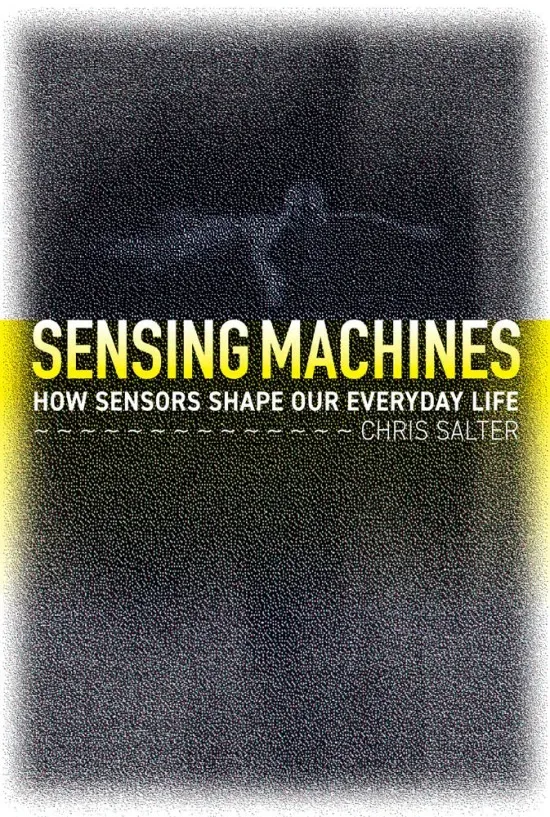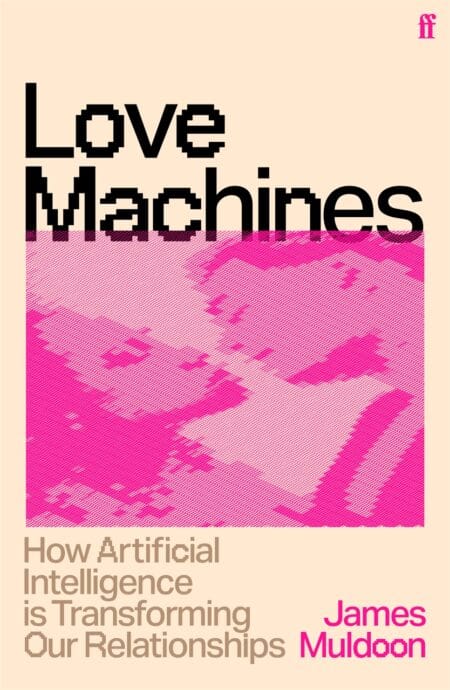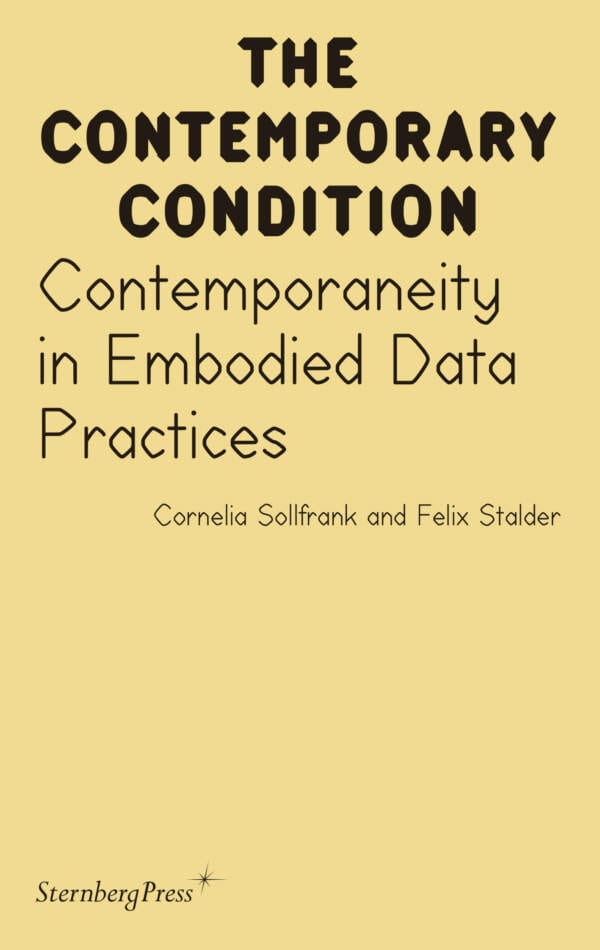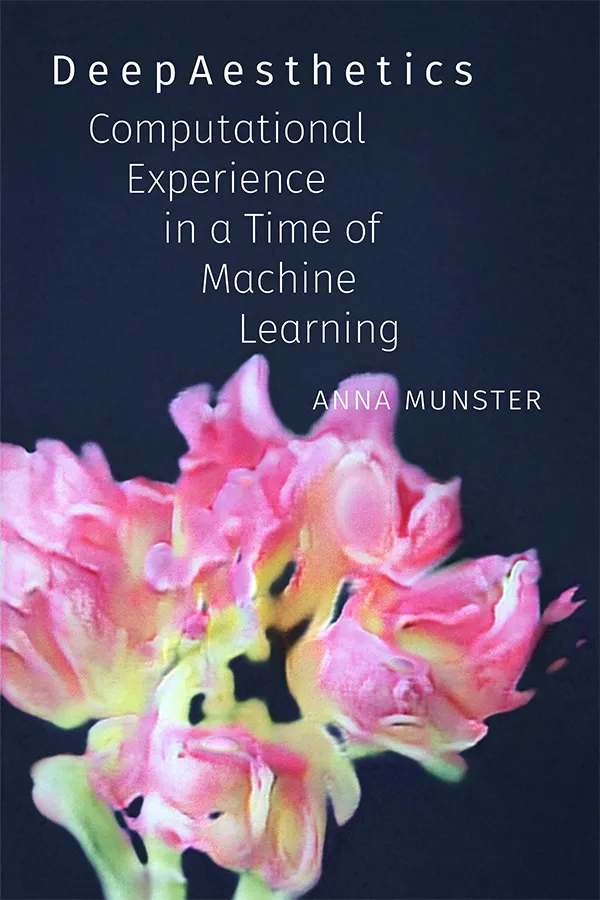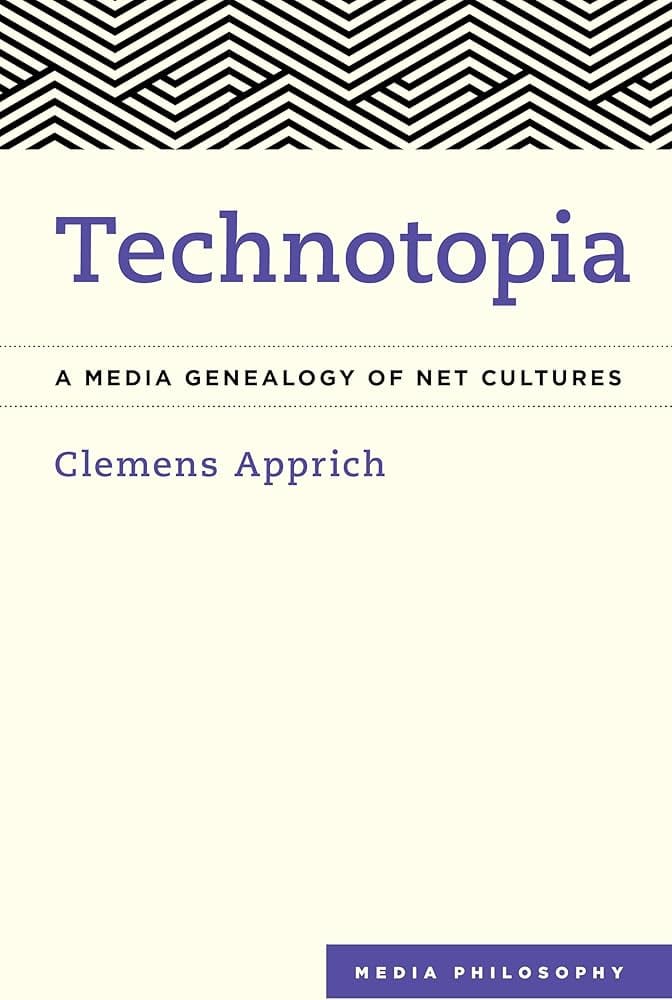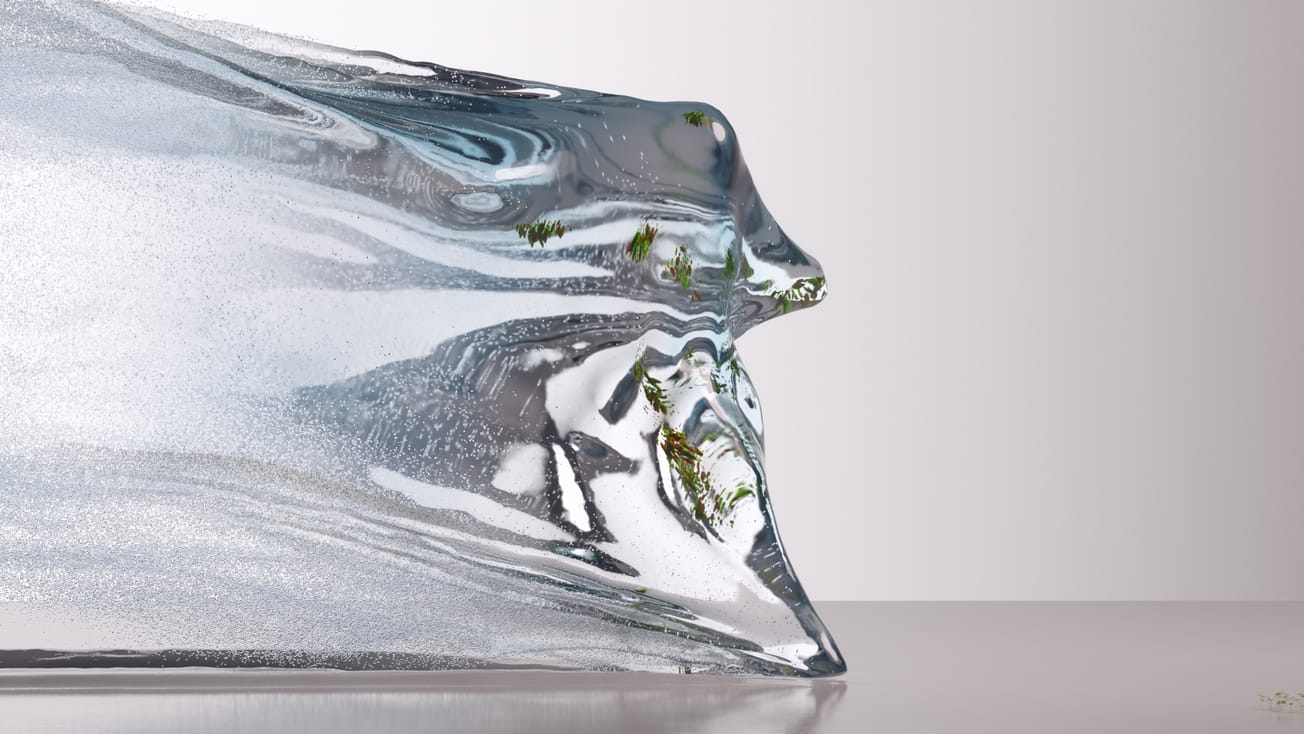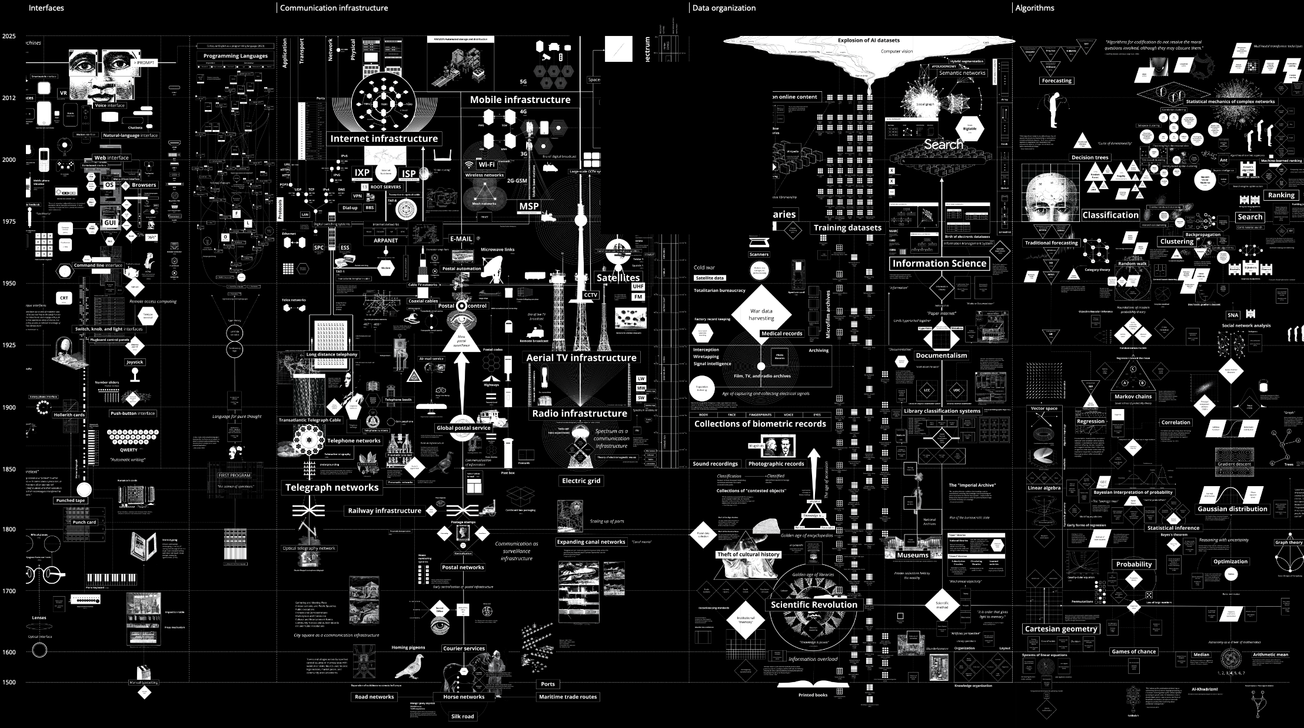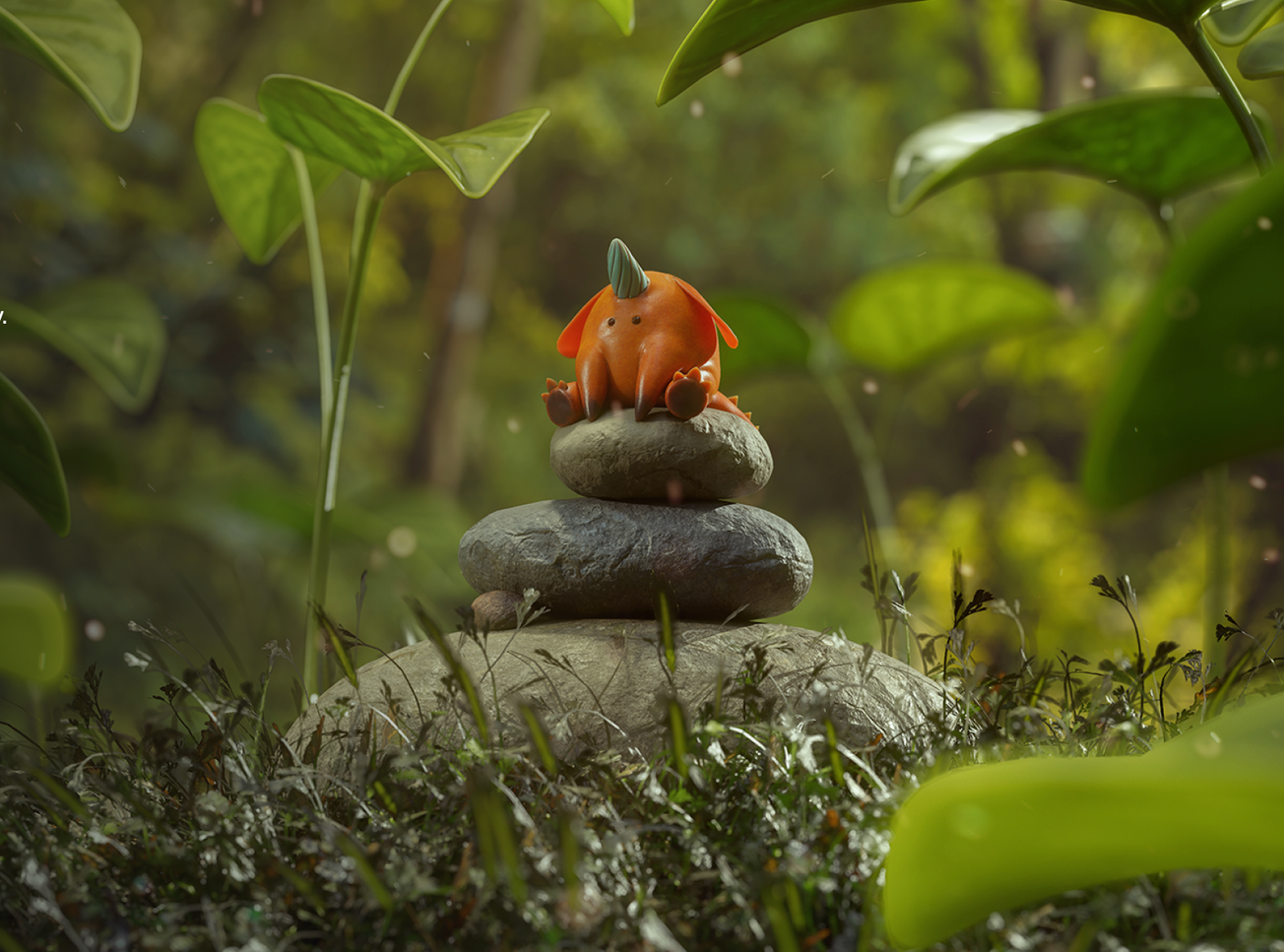How Sensors Shape Our Everyday Life
Sensing machines are everywhere in our world. As we move through the day, electronic sensors and computers adjust our thermostats, guide our Roombas, count our steps, change the orientation of an image when we rotate our phones. There are more of these electronic devices in the world than there are people—in 2020, thirty to fifty billion of them (versus 7.8 billion people), with more than a trillion expected in the next decade. In Sensing Machines, Chris Salter examines how we are tracked, surveilled, tantalized, and seduced by machines ranging from smartwatches and mood trackers to massive immersive art installations.
Salter, an artist/scholar who has worked with sensors and computers for more than twenty years, explains that the quantification of bodies, senses, and experience did not begin with the surveillance capitalism practiced by Facebook, Amazon, Netflix, and Google but can be traced back to mathematical and statistical techniques of the nineteenth century. He describes the emergence of the “sensed self,” investigating how sensor technology has been deployed in music and gaming, programmable and immersive art environments, driving, and even eating, with e-tongues and e-noses that can taste and smell for us. Sensing technology turns our experience into data; but Salter’s story isn’t just about what these machines want from us, but what we want from them—new sensations, the thrill of the uncanny, and magic that will transport us from our daily grind.
Chris Salter is an artist, Professor of Design and Computation Arts at Concordia University, and Codirector of the Hexagram network for arts, culture, and technology. He is the author of Entangled: Technology and the Transformation of Performance and Alien Agency: Experimental Encounters with Art in the Making, both published by the MIT Press
Moving beyond well-rehearsed debates over the ethical hazards of contemporary sensor technology, Salter beckons readers into a series of fascinating scientific, artistic, and musical experiments that offer a fresh vantage on encounters between sentient selves and sensing machines.– NATASHA D. SCHÜLL, DEPARTMENT OF MEDIA, CULTURE, AND COMMUNICATION, NEW YORK UNIVERSITY

